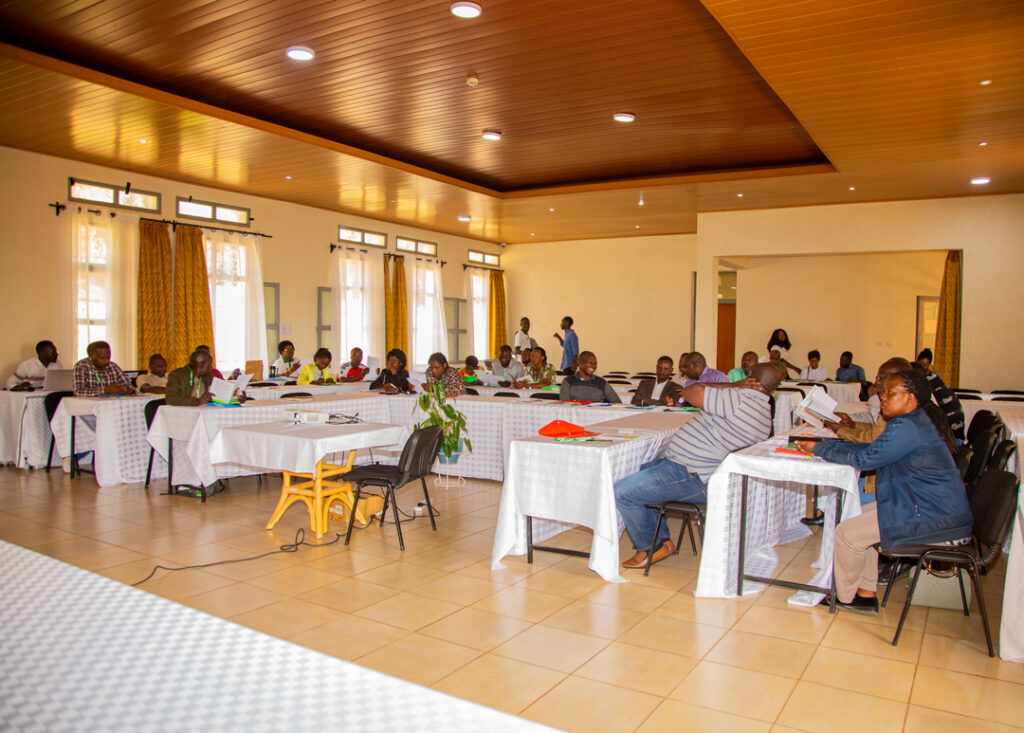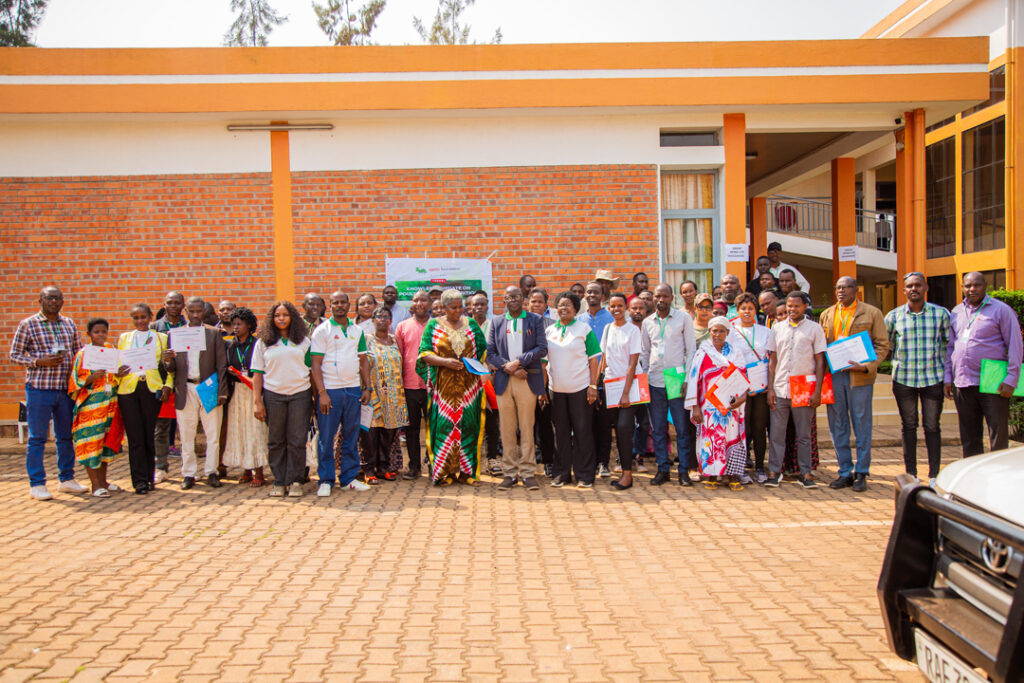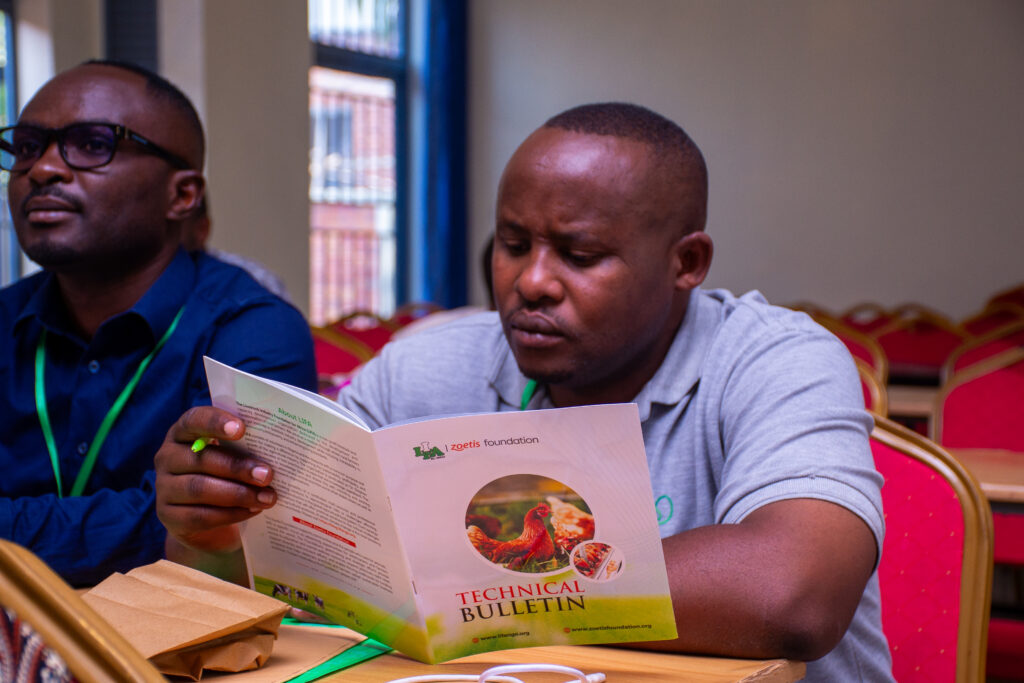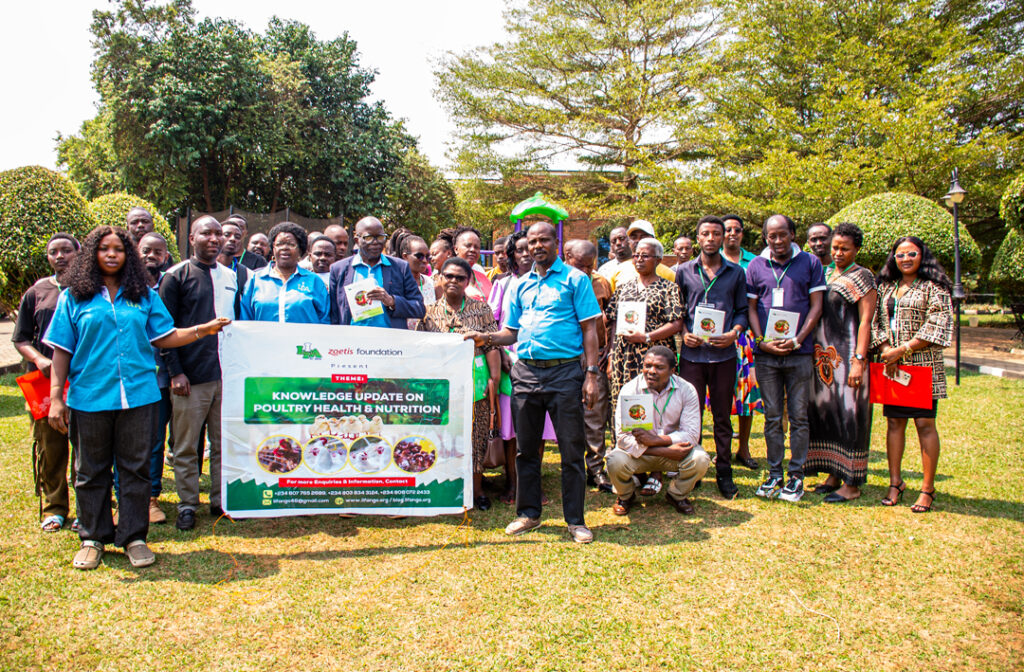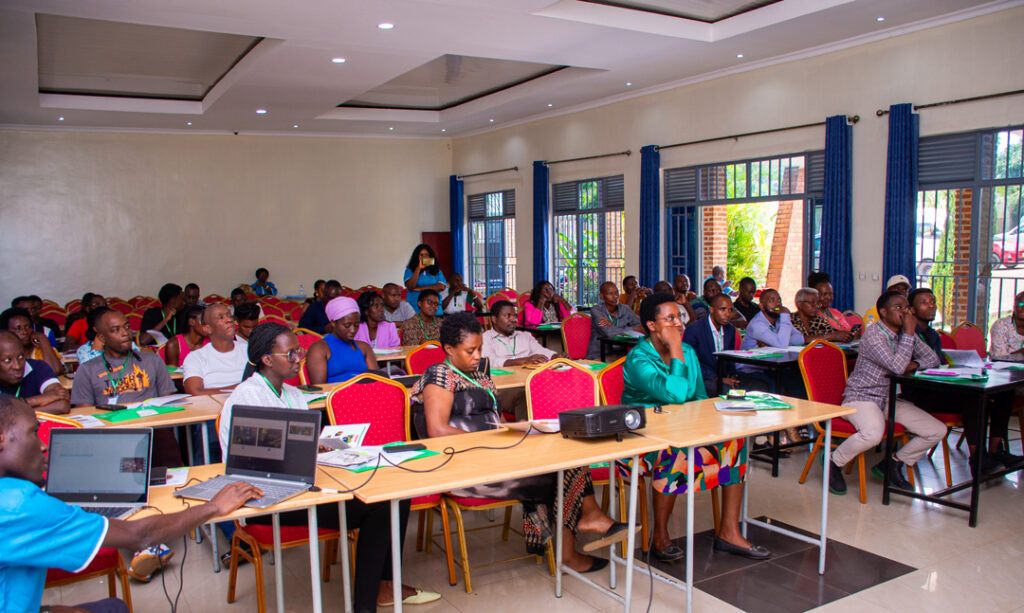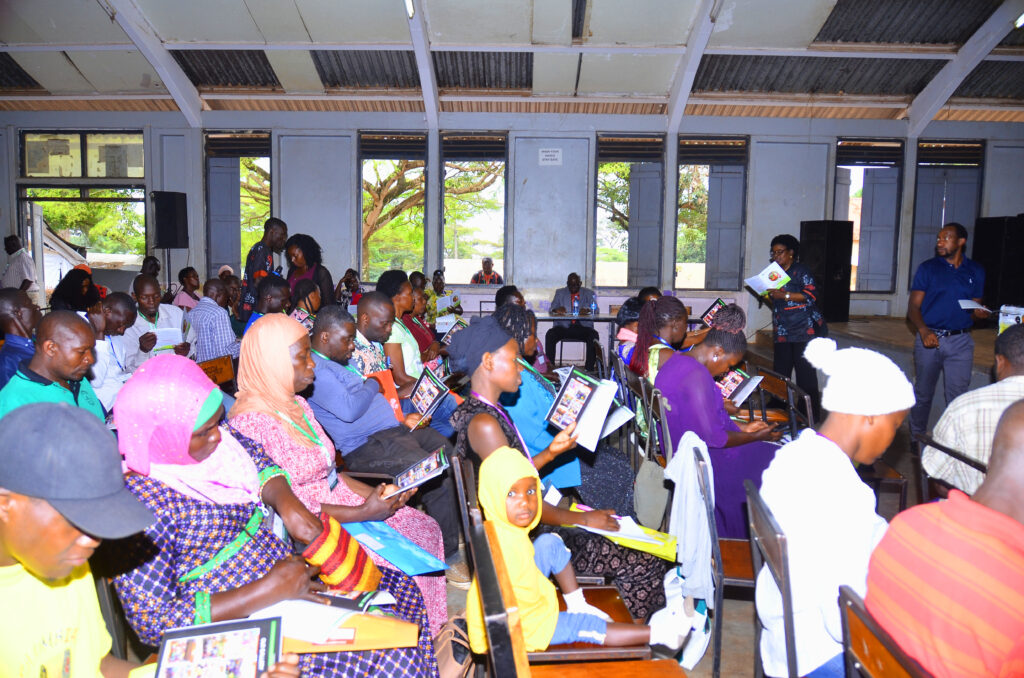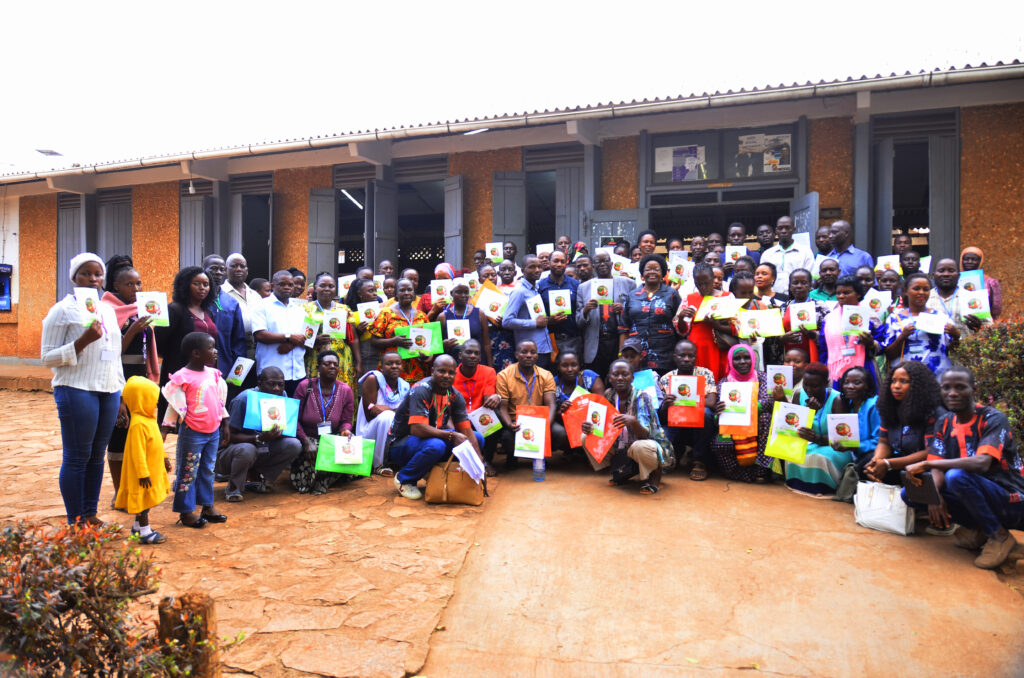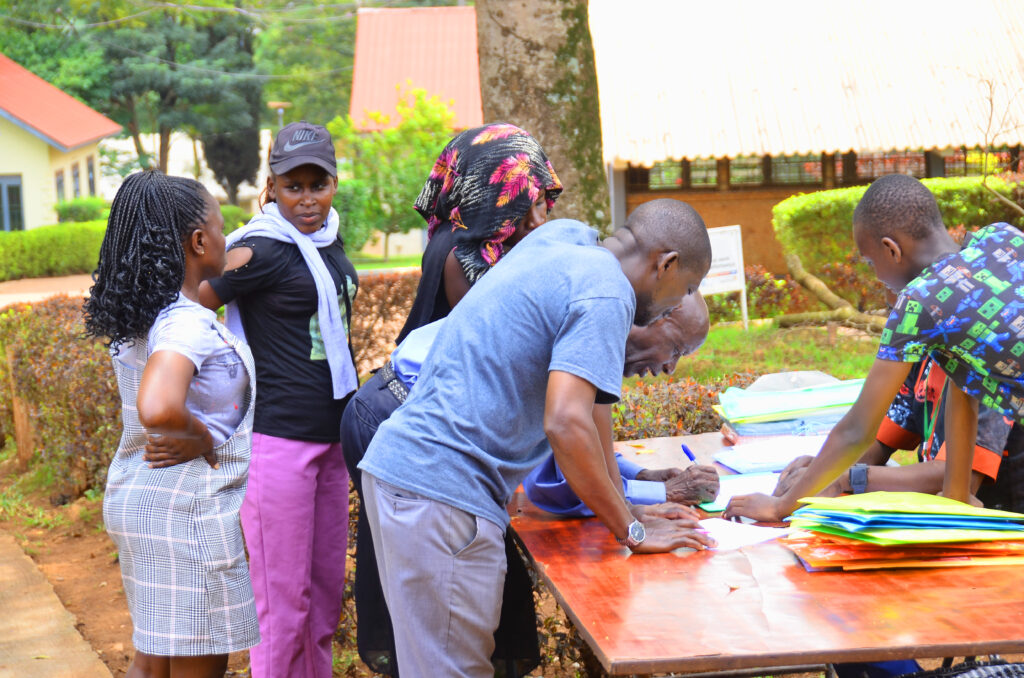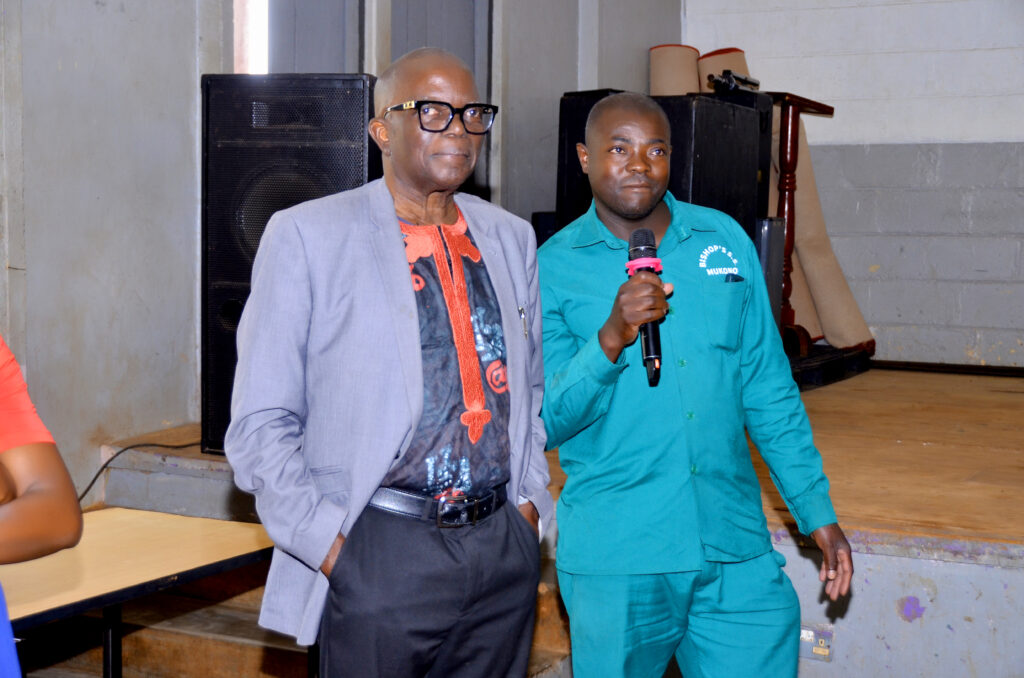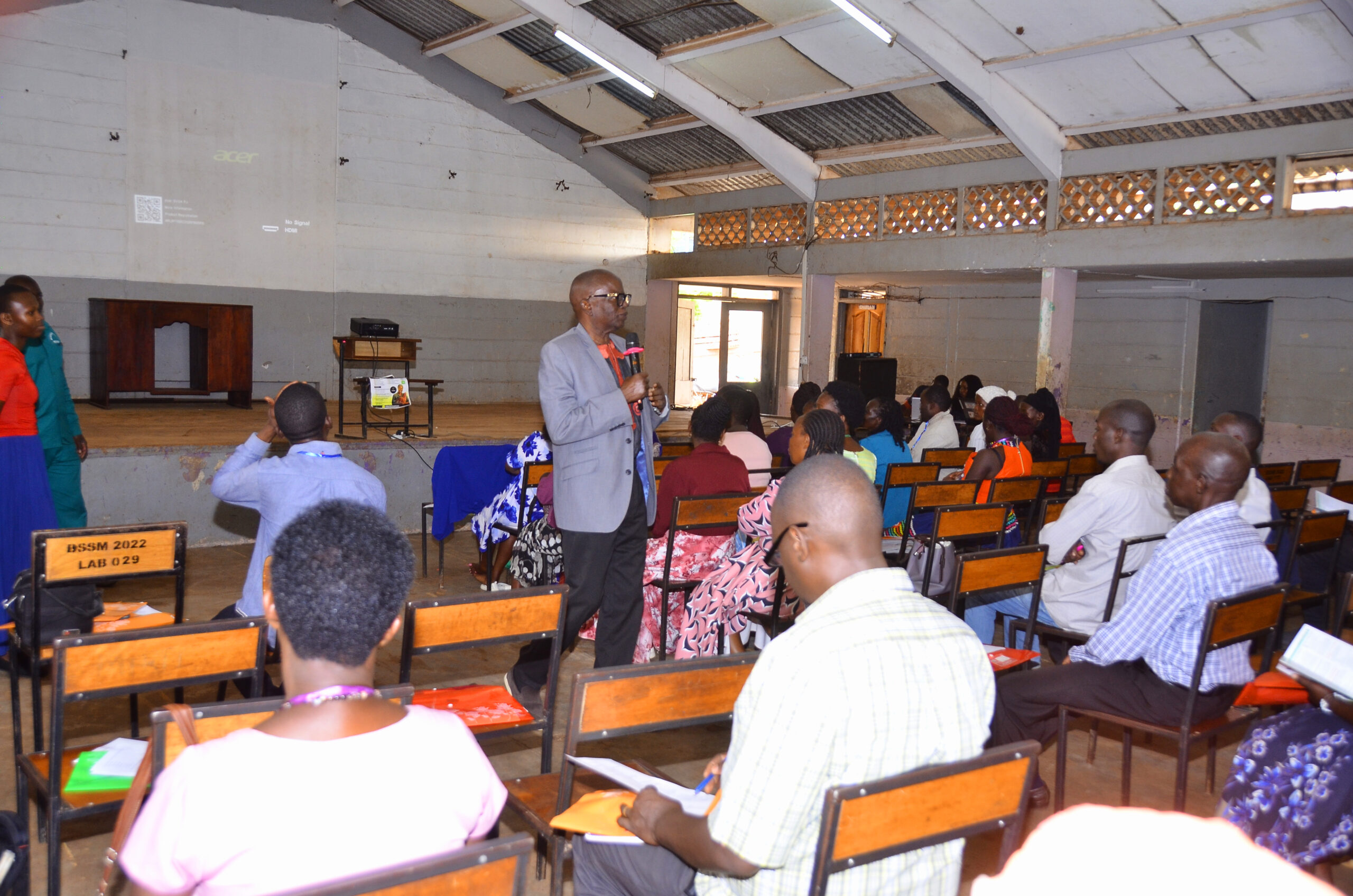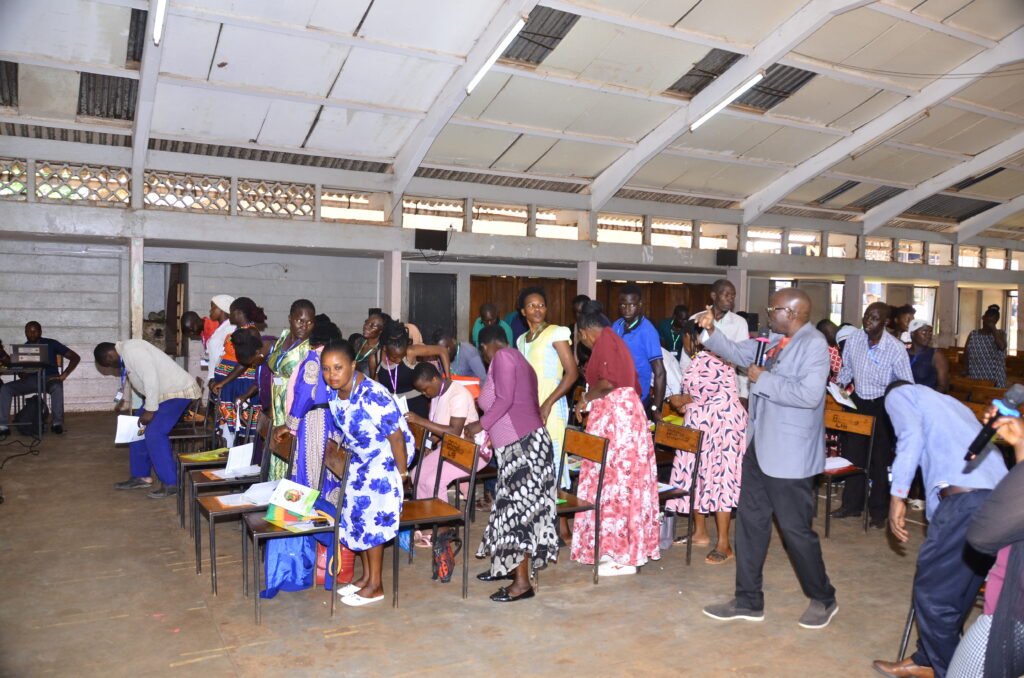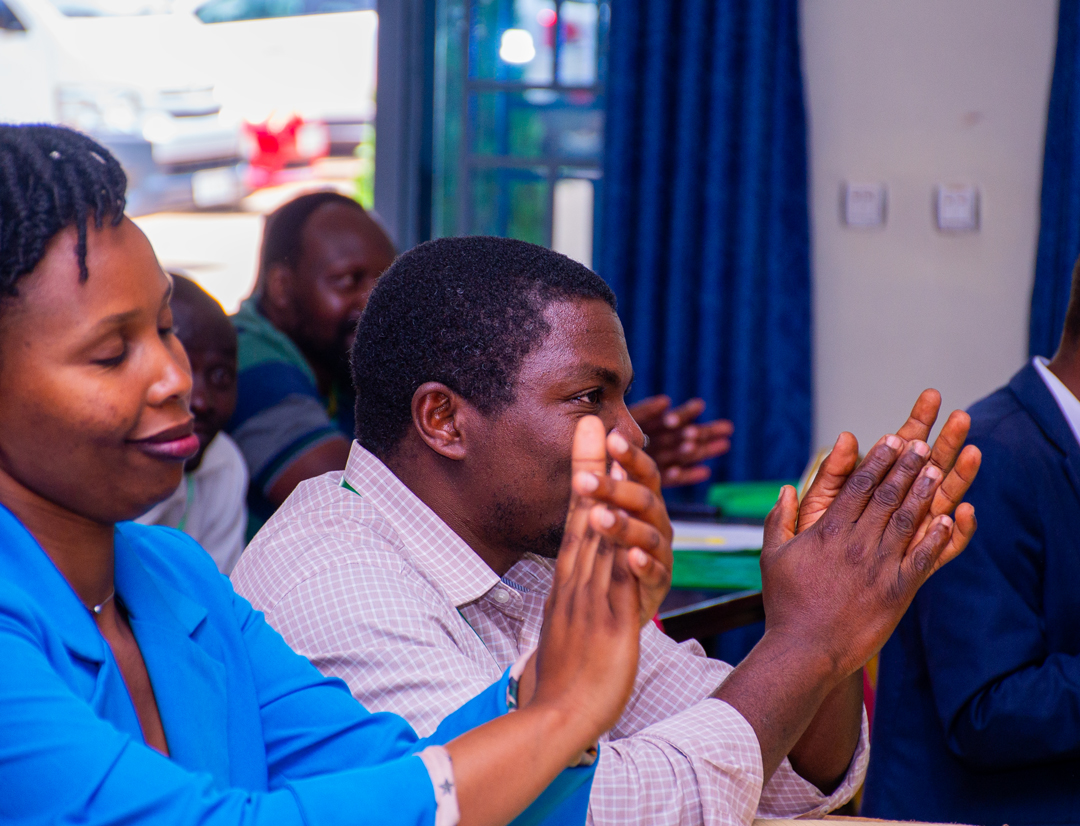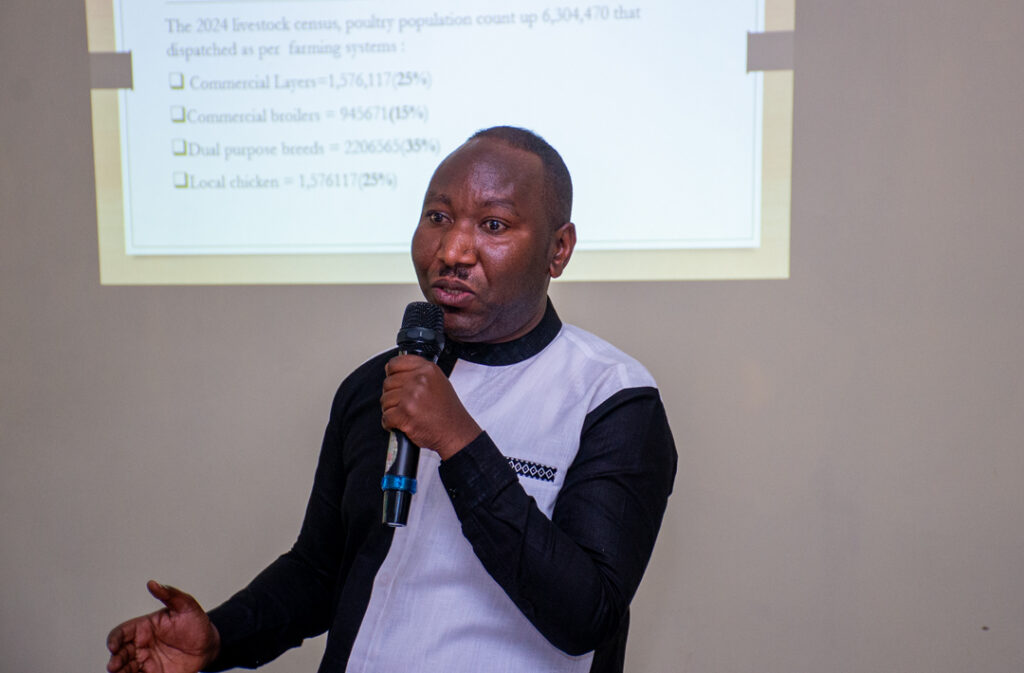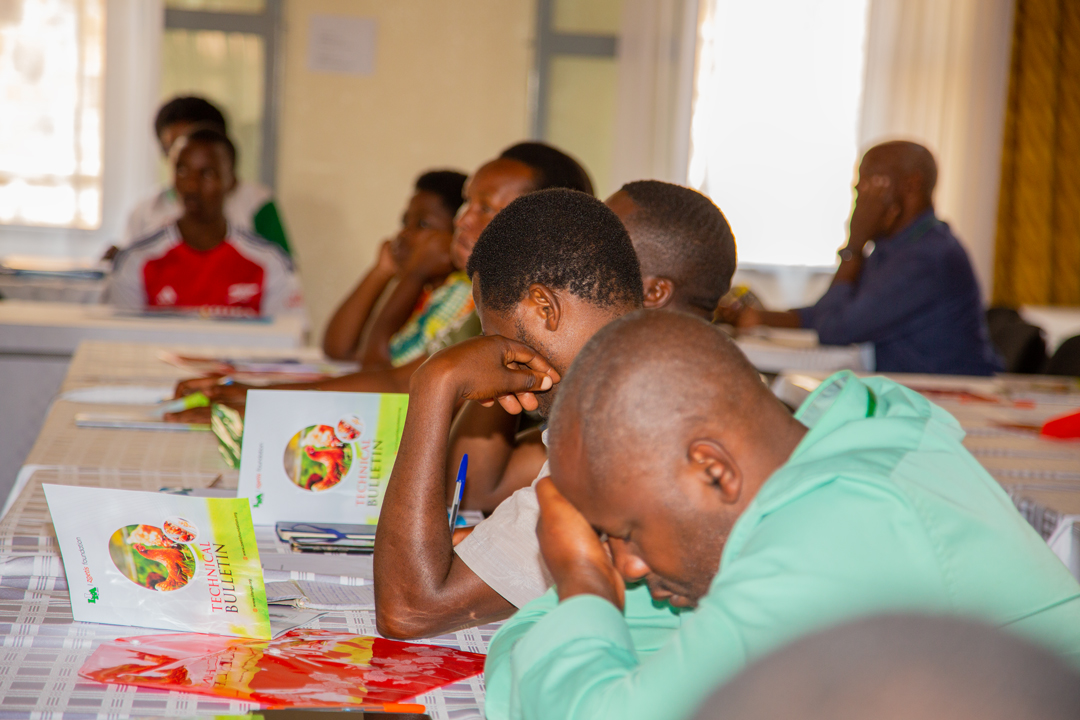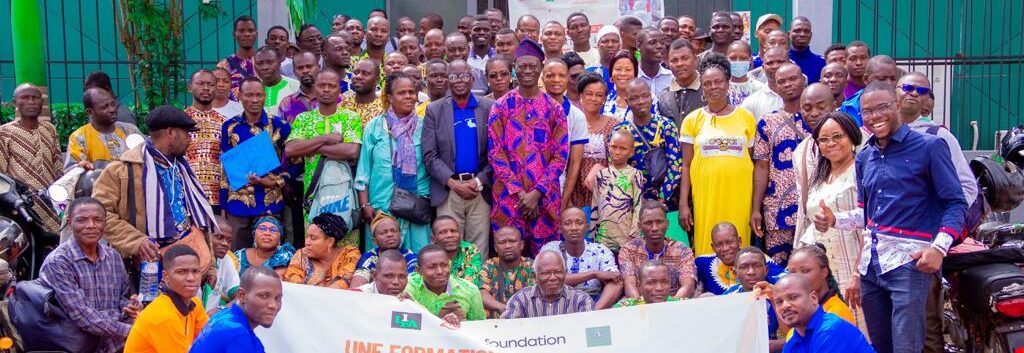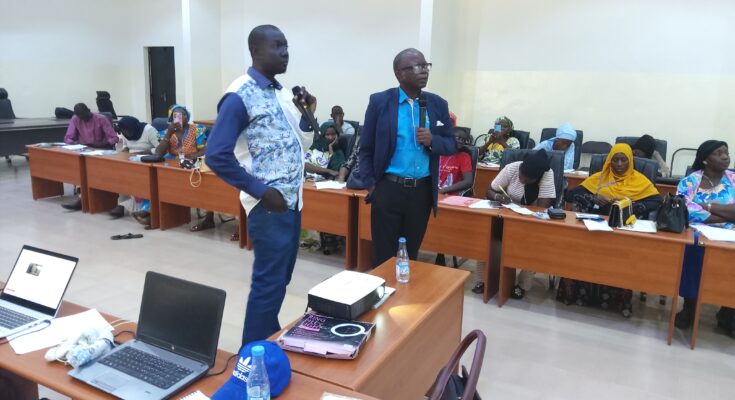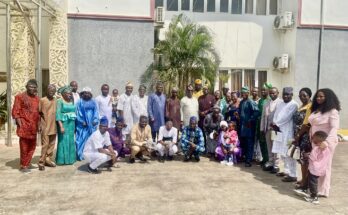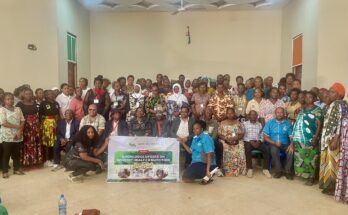Livestock Industry Foundation for Africa (LIFA) continues to drive its mission of promoting climate-smart livestock systems across the continent through its flagship initiative the Knowledge Update Programme on Poultry Health and Nutrition.
Between July and September 2025, the programme reached new milestones in Senegal, Uganda, and Rwanda, empowering hundreds of farmers, veterinarians, feed millers, and extension workers with practical, science-based training.
Under the theme:
“Advancing Climate-Smart Poultry Feed Strategies for Sustainable Livestock Development in Africa,” LIFA’s experts delivered technical sessions focused on sustainable poultry nutrition, disease control, and adaptive management practices in the face of climate change.
Climate Change and Africa’s Poultry Future
Africa’s poultry sector is vital to food security and rural income but is increasingly vulnerable to heat stress, feed scarcity, and disease outbreaks due to climate change. According to Dr. Stephen Oluwole Adejoro, President of LIFA, the future of Africa’s poultry industry depends on its ability to adapt and innovate sustainably.
“We must equip farmers to manage livestock under changing climates not by fear, but by knowledge,” Dr. Adejoro stated. “Climate-smart poultry feeding is the pathway to resilience and productivity.”
Empowering Young Entrepreneurs in Poultry Production
The Senegal phase of the programme was conducted on July 1 and 3, 2025, in Mbour Saly and Fatick. Mr. Cheikh Tidiane Diop, a respected poultry consultant, was part of the facilitation of the programme.
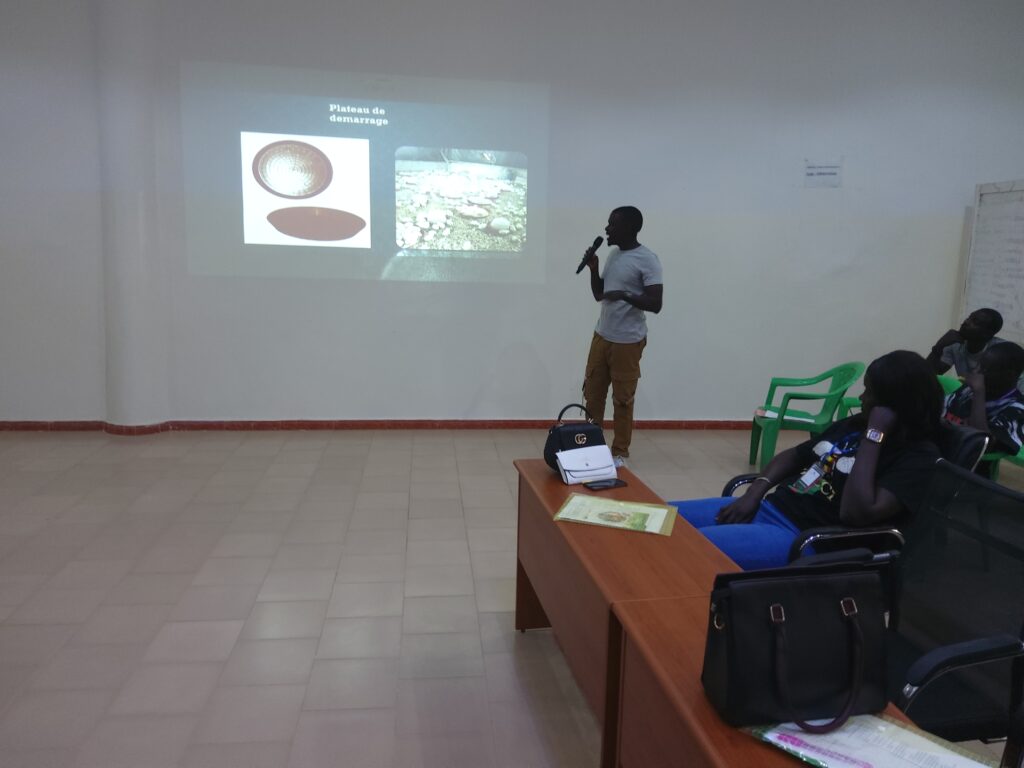
Highlights of his presentation are:
- Training on climate-appropriate poultry house construction
- Daily management and disease prevention practices
- Use of durable and affordable equipment for small-scale farms
- Awareness of sanitary standards and biosecurity compliance
The sessions were interactive, with strong engagement from local youth eager to modernize their poultry ventures. “LIFA’s training makes knowledge practical participants leave with solutions they can apply the very next day,” said Mr. Diop.
Journey Through Poultry Culture and Community Livelihoods
The Ugandan leg of the Knowledge Update Programme was held on August 26 and 28, 2025, at Mukono and Jinja, facilitated by Mr. David Ssimbwa, who led comprehensive sessions on poultry health, vaccination, and disease prevention.
While traveling from Mukono to Jinja, the LIFA team witnessed a vibrant display of Uganda’s poultry culture roadside vendors selling freshly roasted chicken, a symbol of how poultry contributes to both nutrition and local livelihoods. This experience reflected the deep integration of poultry into Uganda’s everyday economy from household consumption to microenterprise activities along major routes.
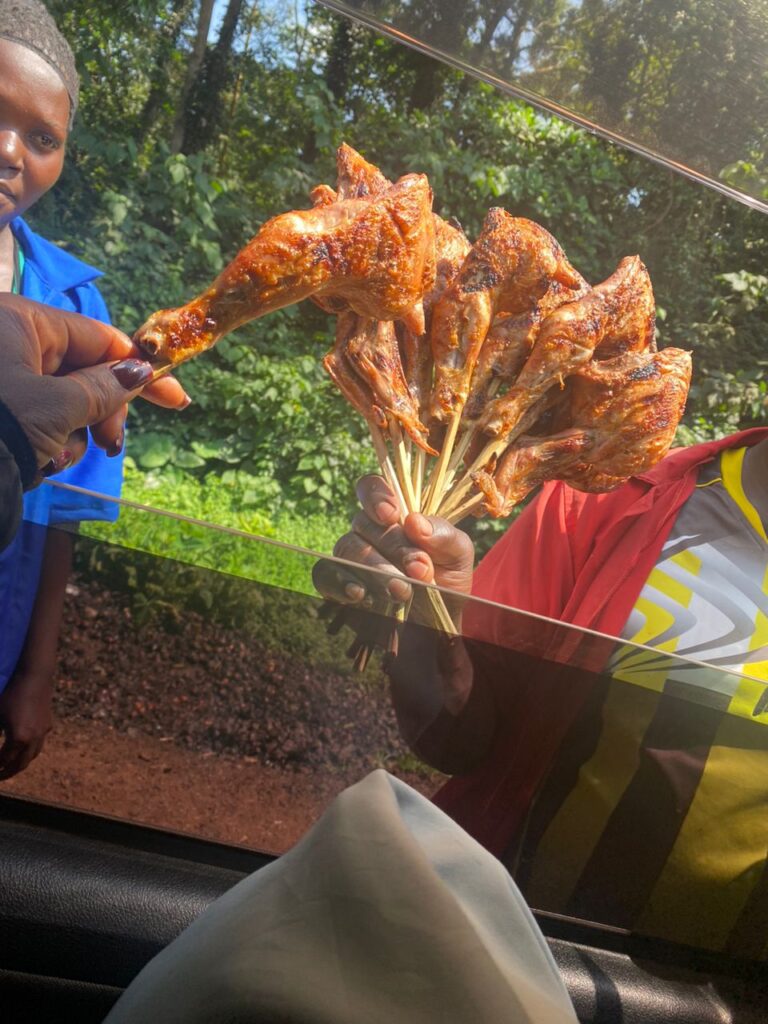
Training Focus:
- Identification and prevention of major poultry diseases (NCD, Gumboro, Fowl Pox, Coccidiosis)
- Farm biosecurity and proper waste management
- Quality feed sourcing and flock health monitoring
- Community-based disease surveillance
“What we saw along the roads confirmed the essence of our mission poultry is not just food; it is an economic lifeline for many rural Africans,” noted Dr. Adejoro.
Learning Amid Nature’s Green Canopy
The final phase took place on September 4 and 6, 2025, in Bugesera and Kabuga, led by Dr Stephen Adejoro and Dr. Bernard Twagirumukiza. As the LIFA team journeyed through Rwanda, they were struck by the natural greenness that envelops every community houses surrounded by trees, lush landscapes, and organized settlements a living example of how environmental stewardship and agriculture coexist in the country.
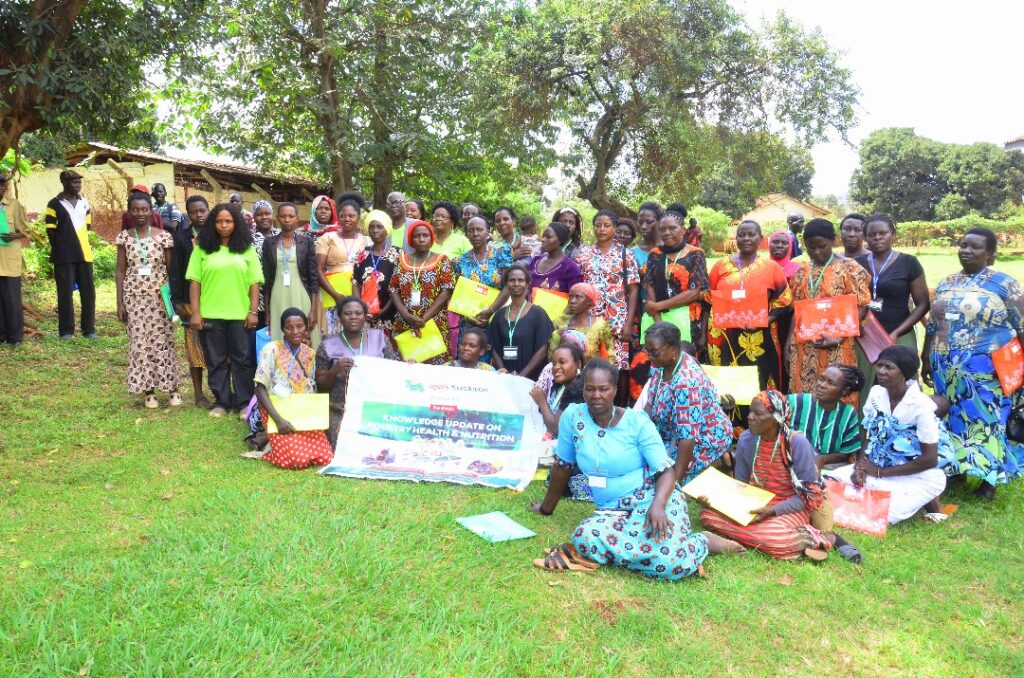
Rwanda’s poultry population, now over 6.3 million birds, continues to grow rapidly, supported by expanding hatcheries and improved management practices. The training sessions emphasized:
- Biosecurity and housing design to reduce disease risks
- Efficient feeding systems using locally available ingredients
- Vaccination compliance and proper record keeping
- Adoption of climate-resilient poultry practices
“Rwanda demonstrates that greening the environment and raising poultry can go hand in hand,” said Dr. Adejoro. “It is a model for integrating sustainability into livestock development.”
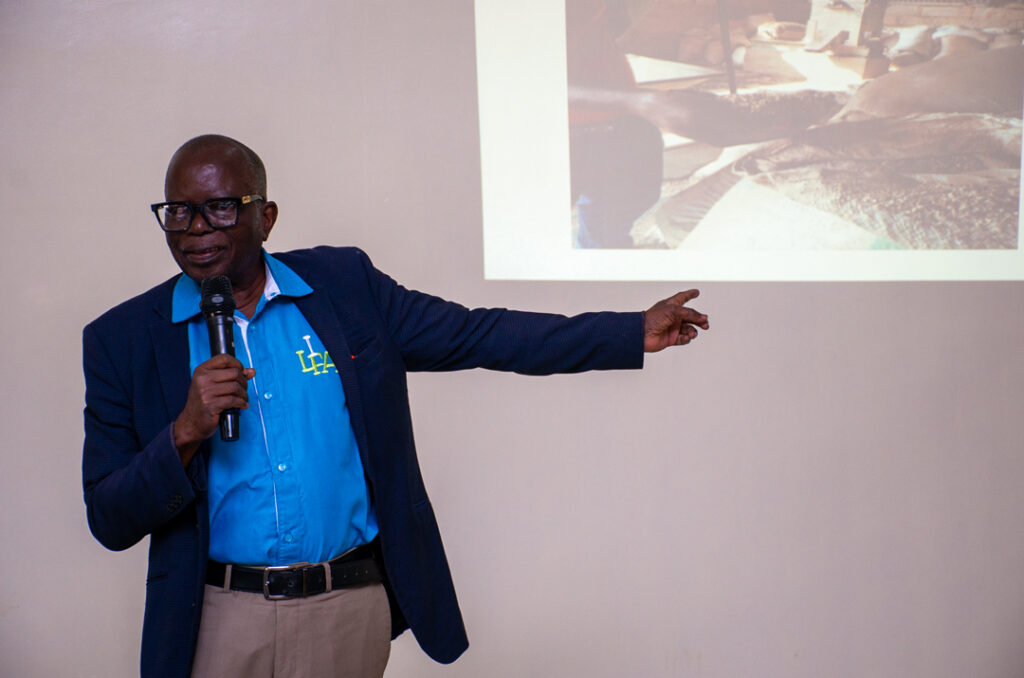
Research Highlight: Climate-Smart Poultry Feed Strategies for Africa
In each country, Dr. Adejoro presented his latest research paper titled: “Advancing Climate-Smart Poultry Feed Strategies for Sustainable Livestock Development in Africa.”
This presentation underscored three pillars of Climate-Smart Poultry (CSP):
- Adaptation — Heat-tolerant breeds, improved housing, and use of local feed resources.
- Mitigation — Renewable energy adoption and efficient feed use to cut emissions.
- Productivity — Enhancing feed conversion and improving bird performance.
The study highlighted cassava peels, banana stems, and sorghum as underutilized local feed ingredients capable of lowering production costs, boosting resilience, and reducing Africa’s dependency on imported feed materials.
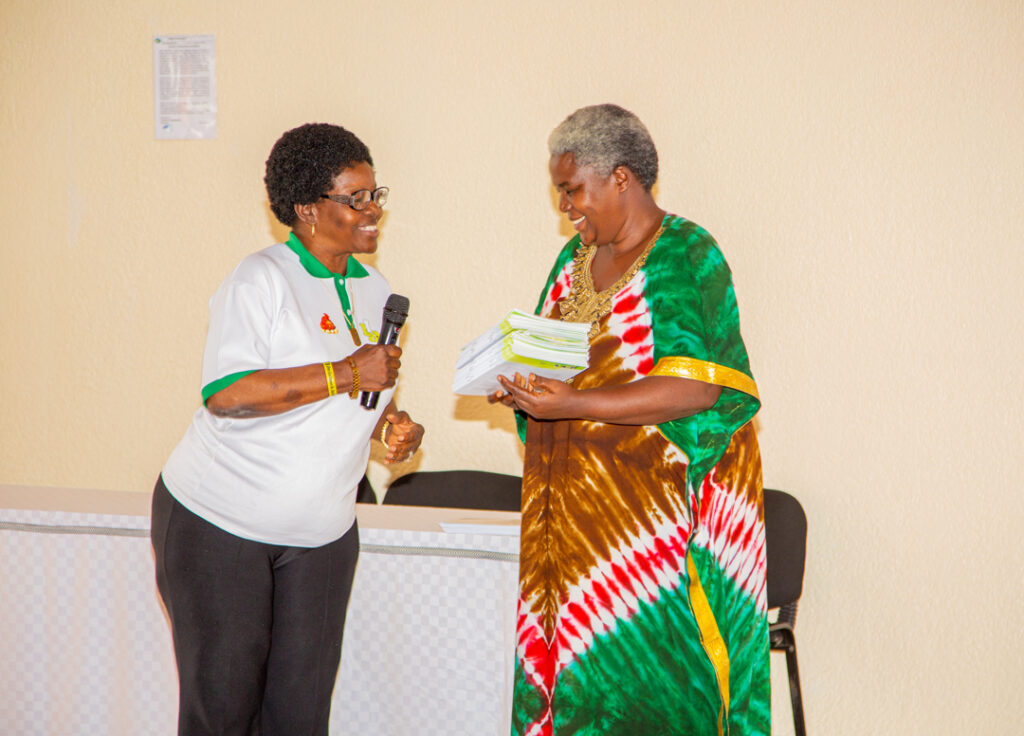
Across the three countries, over 1000 direct participants benefited from the 2025 training cycle.
The programmes strengthened LIFA’s regional partnerships and provided a platform for knowledge exchange, policy dialogue, and community innovation in livestock management. Participants commended LIFA for its hands-on training methods, practical demonstrations, and evidence-based discussions that address both climate adaptation and economic sustainability in the poultry sector.
“From the roadside markets of Uganda to the tree-covered farms of Rwanda, one truth is clear — Africa’s poultry future lies in knowledge, innovation, and resilience,” concluded Dr. Adejoro.
